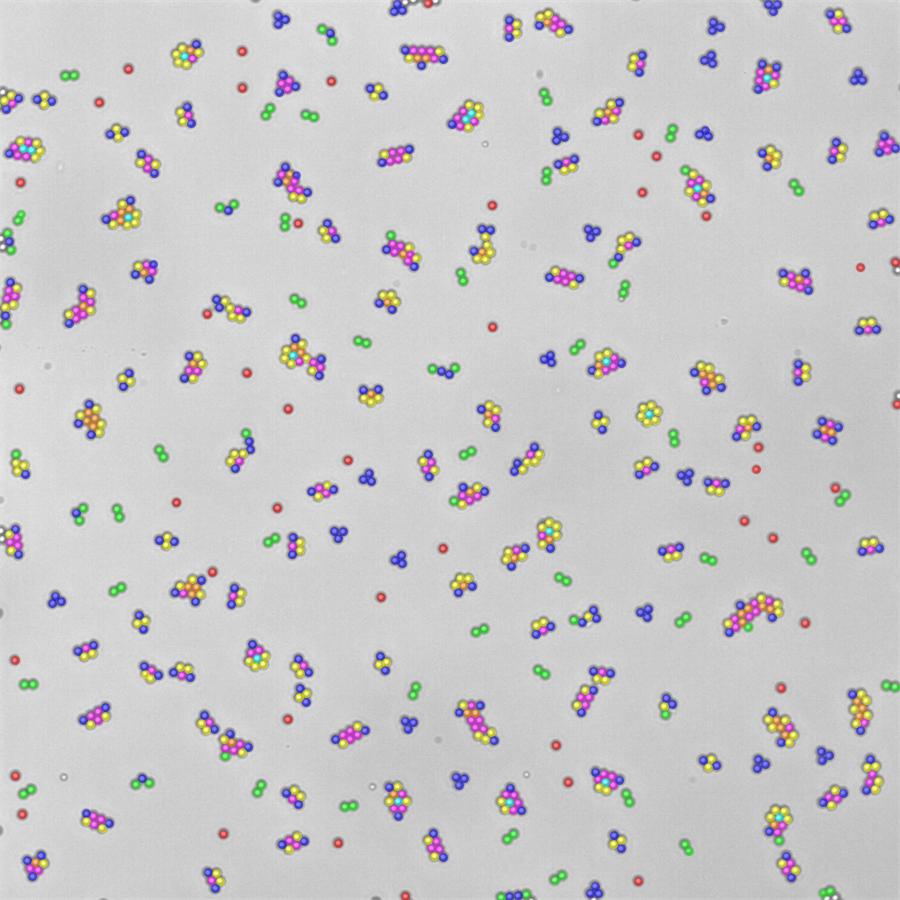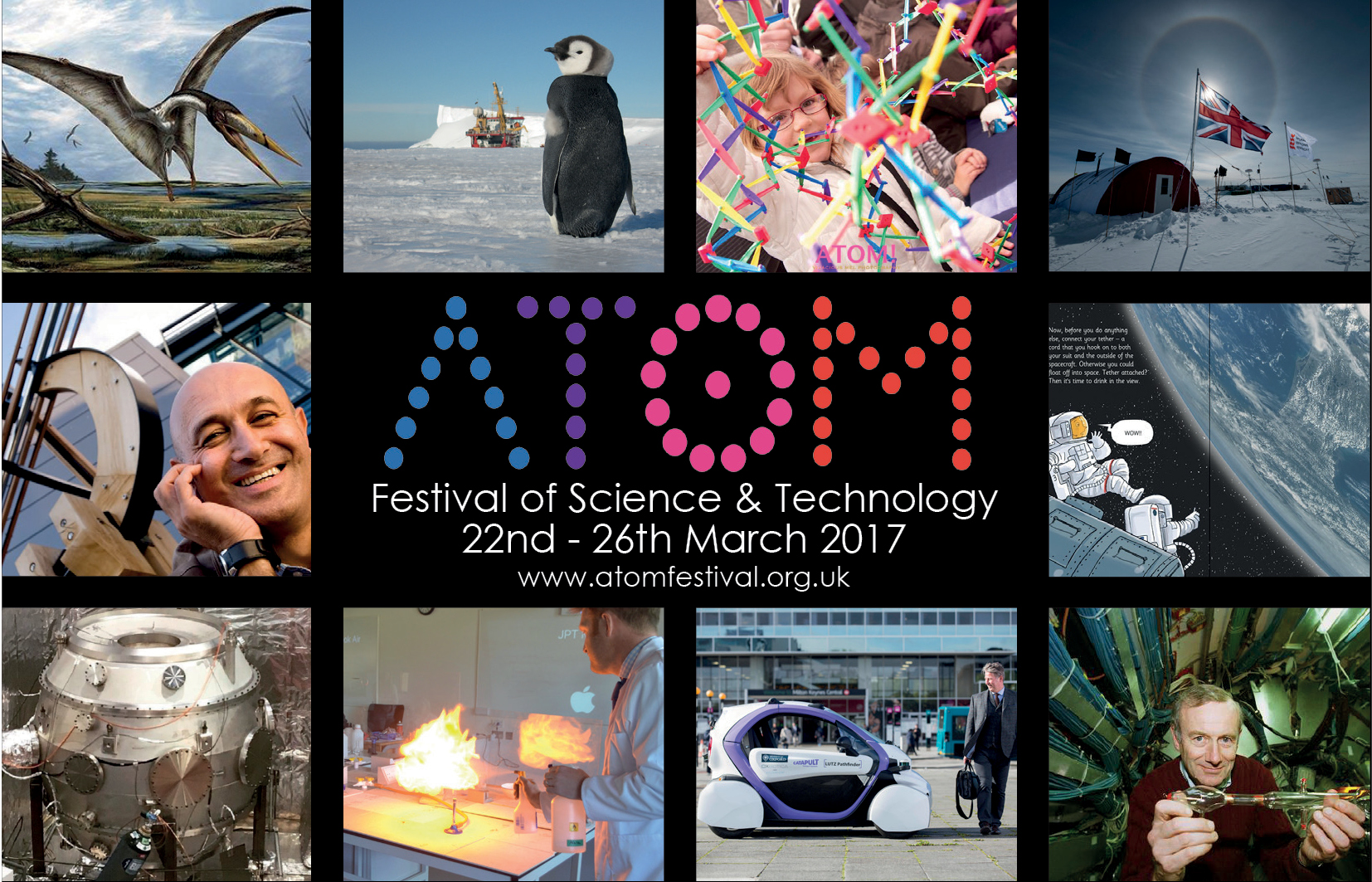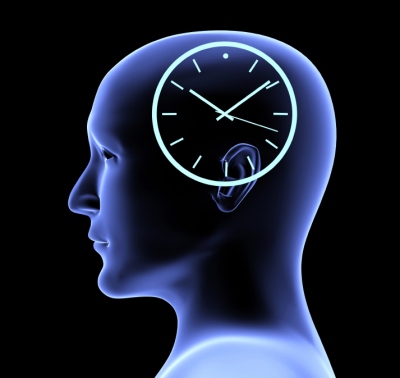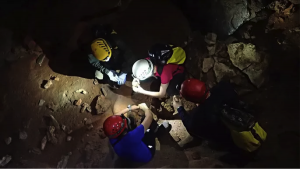Place and Time: Abingdon, Thursday 18 May 2017 from 19:00 for 19:30
Barn Room, Crown and Thistle (18 Bridge St, Abingdon OX14 3HS)
TITLE: Micrographia Revisited: Looking at Hooke’s work through today’s eyes!
Robert Hooke’s Micrographia was a revolution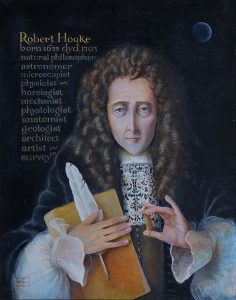 ary book in the 17th Century since it revealed a completely new view of the world to the general public. It was used by the Royal Society to demonstrate that its members were engaged in practical enquiry using new technology. It addressed topics such as the sharpness of a pin-head or a razor, the nature of peacock feather displays, what insects (such as flies, fleas and lice) really looked like, and the nature of materials such as wood, cork and charcoal.
ary book in the 17th Century since it revealed a completely new view of the world to the general public. It was used by the Royal Society to demonstrate that its members were engaged in practical enquiry using new technology. It addressed topics such as the sharpness of a pin-head or a razor, the nature of peacock feather displays, what insects (such as flies, fleas and lice) really looked like, and the nature of materials such as wood, cork and charcoal.
2015 marked the 350th anniversary of its publication and, in order to commemorate this, we initiated a project to produce a new version of Micrographia showing how Hooke might re-examine his subject matter using modern technology. This talk will explore some of these topics from a modern perspective.
Speaker: Dr Martin Grossel
Since retiring in 2013, Martin was elected an Emeritus Student of Christ Church, Oxford, having been a Student (or Fellow) of Christ Church from 1993. His research interest is in supramolecular Chemistry, molecular electronics, crystal engineering, and nanochemistry. More information about the speaker can be found here.


